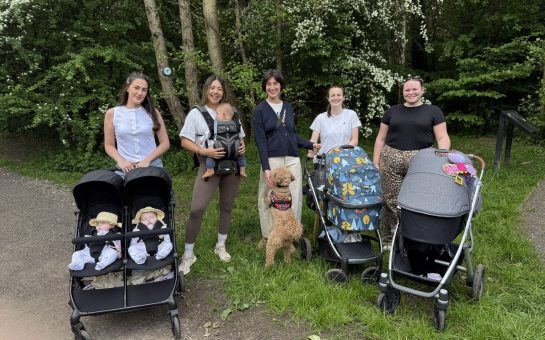More than three-quarters of homeless people have mental health problems according to new data released by a Salford anti-poverty charity.
Caritas collected data between February and March 2024 which revealed a stark disparity in health and well-being across Manchester, Bury and Salford between those who are homeless, or at risk of becoming so, and the general public.
A staggering 73% self-identified as having at least one physical health condition, compared with 50% of the general population, begging the question: why aren’t we doing more to protect the vulnerable in our society?
Amanda Croome, head of homelessness for Caritas Salford, said: “The huge difference in these figures shows a real issue that needs addressing before it’s too late for many.
“It’s completely unacceptable.”
But the grim reality of a life in poverty doesn’t end there – 69% of homeless, or at-risk-of-homelessness, interviewees said they had a mental health diagnosis.
Yet only 19.2% said they had a mental health worker.
And a concerning 34% admitted they had felt suicidal or had self-harmed in the last twelve months.
Caritas Salford aims to transform the lives of those in poverty via grassroots services – they set up their homeless health hub project earlier this year.
The hubs are intended to provide health service access to people experiencing homelessness.
Croome said: “The hubs are one-stop shops – from opticians, nurses, GP appointments and dentists to broader health and wellbeing activities such as gardening, walking, games and social activities.”
The work of Caritas Salford is proving to be invaluable – one person accessing the hub said: “Since being homeless my depression has got worse. It’s good to know there is a drop-in here, I will come for support.”
Another said: “If I didn’t come I would never have gone on a script.
“I was rough sleeping.
“I am in a better place now and also in accommodation.”
Croome is proud of Caritas Salford’s work but urges wider services to play their part in affecting tangible change.
She said: “The hubs will continue.
“We want to see urgent action from others in our area, including key decision makers at a local, regional and national level.”
Feature image credit: Eric Ward via Unsplash




